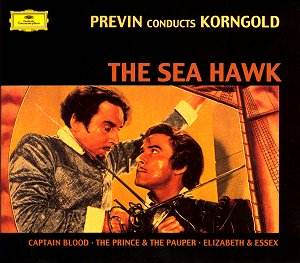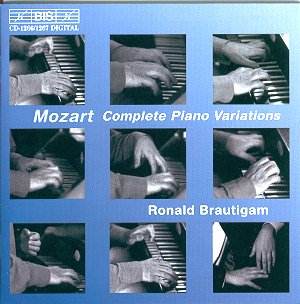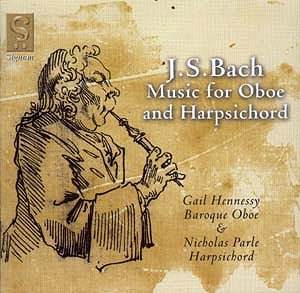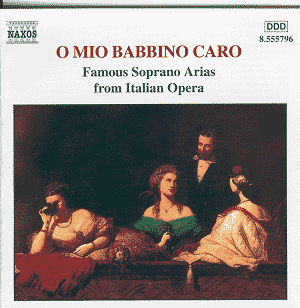 Composer: Erich Wolfgang Korngold
Composer: Erich Wolfgang Korngold
Works: Music from the Films: The Sea Hawk (1940), The Private Lives of Elizabeth and Essex (1939), Captain Blood (1935), The Prince and the Pauper (1937)
Performers: London Symphony Orchestra, André Previn, conductor
Recording: July 2001, London
Label: Deutsche Grammophon (DG 471 347-2)
Erich Wolfgang Korngold, a composer often overshadowed by his contemporaries, emerges in this anthology of his film scores as a seminal figure who not only bridged the worlds of classical and cinematic music but also set a standard against which many film composers would be measured. Having come of age in Vienna as a prodigy in the early 20th century, Korngold’s lush orchestrations and thematic development were a natural fit for the grand narratives of Hollywood’s golden age. This collection encapsulates Korngold’s genius and his prescient ability to marry the dramatic with the romantic, making it a vital entry point for those exploring the intersection of classical music and film.
The London Symphony Orchestra under André Previn provides an interpretation that is both vibrant and nuanced. Previn’s approach showcases the orchestral colors that Korngold so meticulously crafted, yet there are moments where the pacing seems to falter, particularly in the more languorous sections. For instance, the love theme from The Private Lives of Elizabeth and Essex, while beautifully rendered, occasionally drifts into excessive sentimentality, which, while perhaps aligned with the film’s intent, detracts from the thematic clarity that Korngold’s music warrants. The lyrical passages, especially in Captain Blood, possess an aching beauty that Previn captures effectively, though more dynamic contrast in tempo could have enhanced the thrilling tension that Korngold so adeptly created in his scores.
Recording quality plays a crucial role in this release, and Deutsche Grammophon’s engineering does justice to the rich sonorities of the LSO. The brass section shines with a golden brilliance in The Sea Hawk, particularly during the rousing fanfares that evoke the film’s swashbuckling spirit. Yet, it is in the quieter, more introspective moments – such as the poignant “Sold into Slavery” excerpt from Captain Blood – that the recording reveals its true depth, allowing the listener to appreciate the intricate woodwind harmonies and lush string textures. However, some may argue that the slow tempos in The Sea Hawk lead to a dilution of the original vitality inherent in Korngold’s music, a point of contention that merits consideration when assessing this recording in relation to earlier interpretations, such as Charles Gerhardt’s RCA series, which many found to be more spirited.
As we delve into the historical context, it is essential to recognize Korngold’s role as a pioneer of film music, often heralded as the first great composer of the genre. His integration of Wagnerian leitmotifs and operatic intensity into film scores opened new avenues for narrative expression in cinema. The seamless transitions between thematic material in The Adventures of Robin Hood, though absent from this collection, serve as a reminder of Korngold’s mastery. His ability to evoke imagery through music remains unparalleled, marking a stylistic departure from the more fragmented approaches of contemporary film composers.
Korngold’s film scores, especially those presented in this collection, are not merely accompaniments to visuals; they are symphonic narratives that stand on their own. The grandeur of the orchestration is matched by the emotional depth of the themes, ensuring that even those unfamiliar with the films can appreciate the artistry behind the music. This disc, despite its interpretive shortcomings, is an essential tribute to a composer whose legacy continues to resonate. The performances by the London Symphony Orchestra, coupled with Previn’s insightful direction, ultimately provide a compelling, if at times uneven, exploration of Korngold’s cinematic artistry, offering a rich tapestry of sound that is as engaging as it is evocative.



